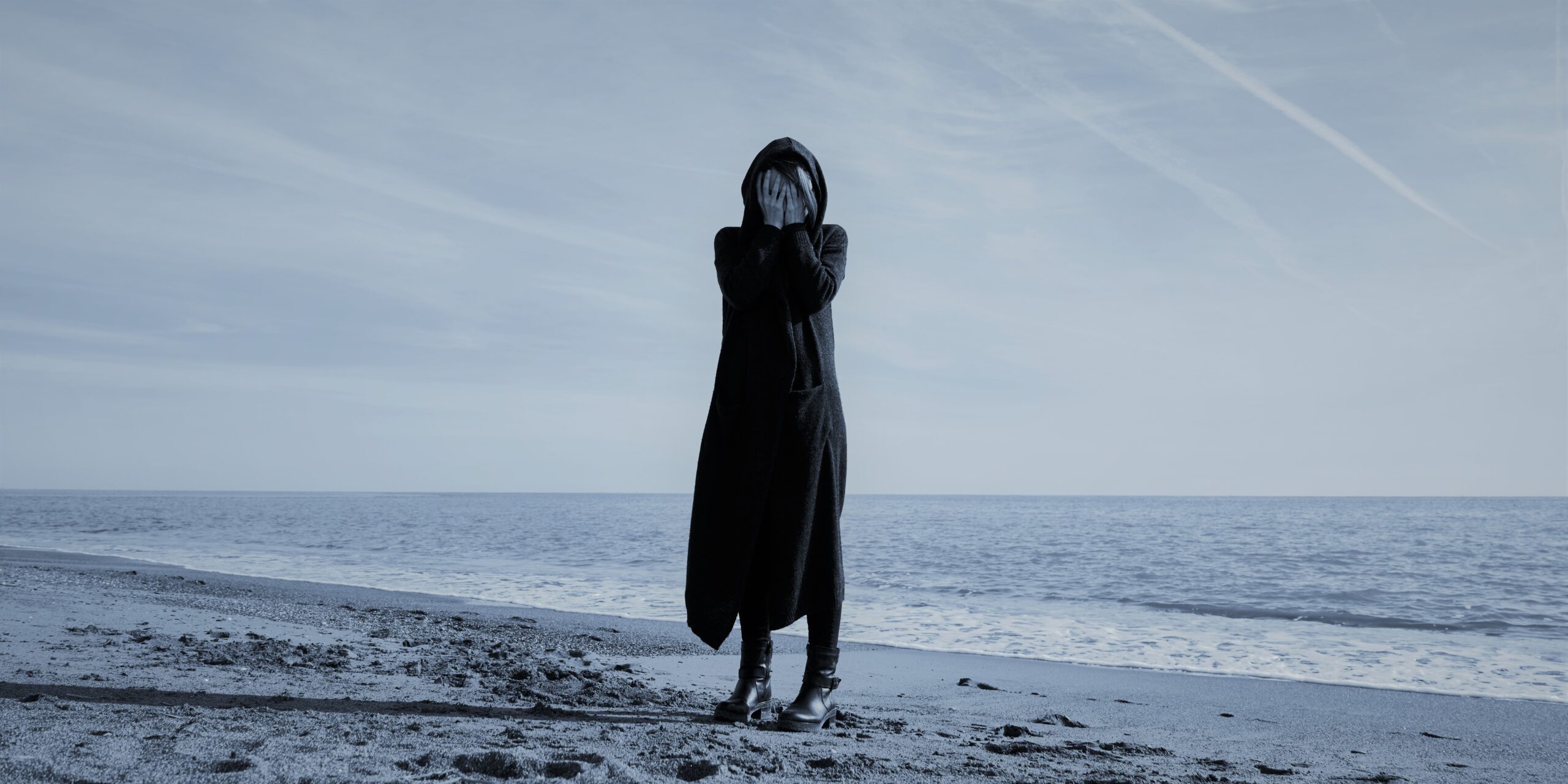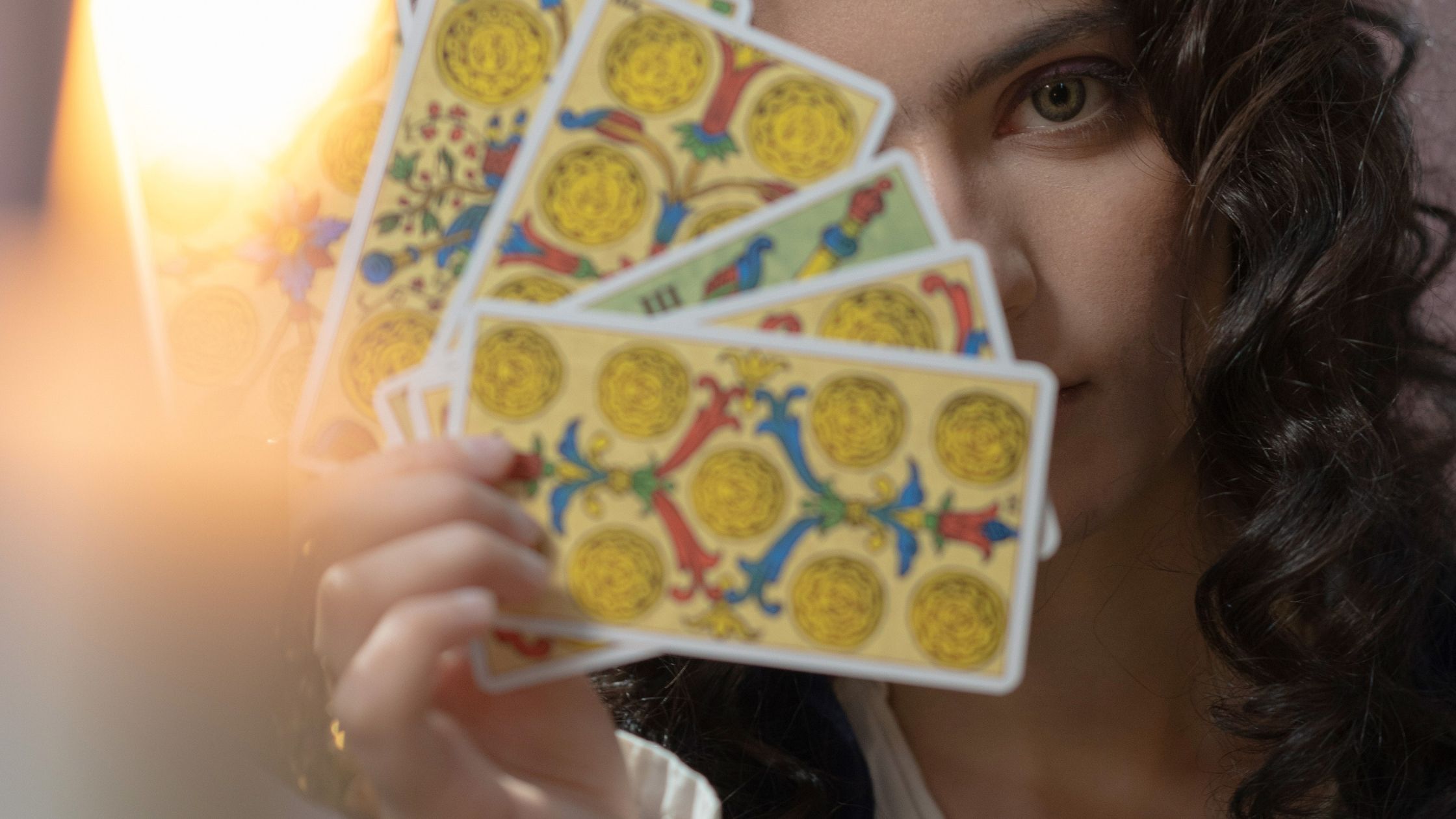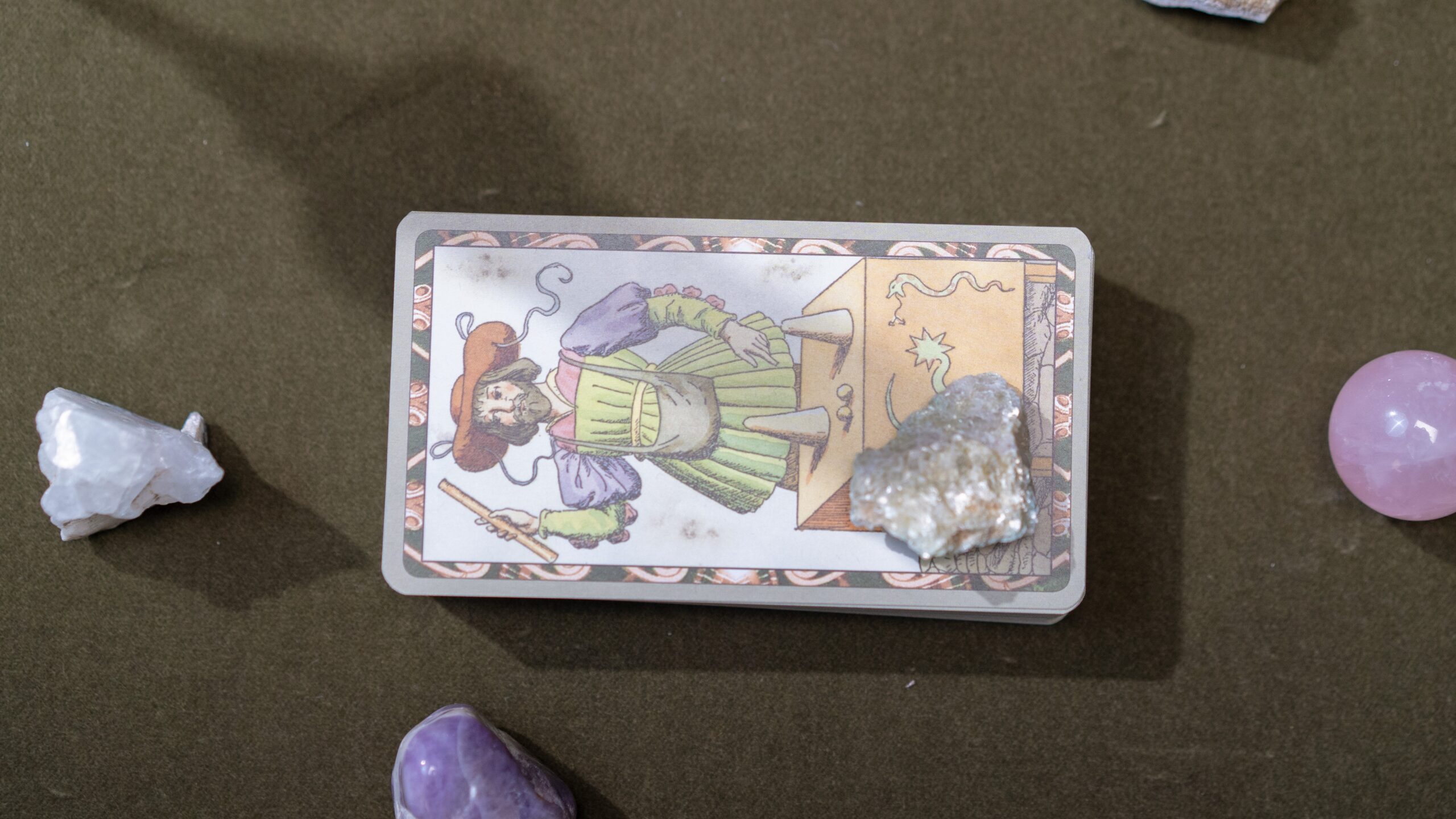7 Important Things to Know About Spirituality and Depression
Why is it that spiritual people seem to be happier?
It turns out that spirituality and religion are positively correlated with the prevention and treatment of depression. There is no one spiritual path that is unique in its curative effect, but there are seven things to know about spirituality and depression if you want to be happy yourself.
Once you’re knowledgeable about the link between spirituality and depression then you can be more informed about your own spiritual practices and treatment.
1. Spirituality Can Help Treat Depression
Numerous scientific studies have found positive correlations between spirituality and the treatment of depression. Belief in god or a transcendent power seems to help inspire those who feel depressed to see beyond their own painful circumstances.
If you’re already a spiritual person, then it’s more likely that you’ll experience less severe symptoms than those who aren’t. But whatever your spiritual origins, those who express spiritual beliefs or take part in spiritual activities will have quicker relief from depression than those who aren’t spiritually oriented.
Therefore, if you suspect or find yourself diagnosed with depression, it would be helpful to evaluate how your spiritual and religious beliefs can influence your treatment plan. If you aren’t already a spiritual person, you should consider exploring that option.
But what’s the reason behind spirituality having a positive effect on the treatment of depression? It appears that spirituality elevates life beyond the scope of the individual, especially if that person believes in a godlike being.
Spirituality also seems to give depressed people a life purpose. This can be key to helping them overcome the hopelessness of their mental condition and provide structure and direction during their recovery.
The social connection that spirituality provides is beneficial too. Many religions have regular attendance at places of worship, family practices, or cultural events that can help create meaningful interactions with others.
2. Some Spiritual Paths Are Better Than Others
However, not all spiritual practices are equally beneficial for those suffering from depression. This should not be confused with religious affiliation, as not all those who claim to be religious practice often, but Jewish people, Pentecostals, and those without a concrete affiliation are at the most risk.
Depression in Jewish believers seems to be influenced by the atheistic and ethnic affiliation of followers. This means some Jewish people consider themselves culturally Jewish, but are not active practitioners and would not believe in many of the aspects of spirituality that are seen as helpful in treating depression, such as a belief in god.
As for Pentecostals, it may be a self-selected group. Many Pentecostals seek alleviation from their emotional troubles in their spirituality. They’re also more likely to have been converted, as Pentecostals focus evangelism on those of lower socioeconomic backgrounds who are coincidentally known to suffer from depression more often.
Those without a religious affiliation lack social support in their spirituality. They’re also more likely to not have strongly defined beliefs and spiritual practices.
What this suggests isn’t that any particular spiritual path is worse for spirituality because it’s wrong, but because those paths either attract people who are more likely to be depressed and seeking treatment or because some individuals in that affiliation are not actively practicing in a meaningful way enough to skew the numbers.
3. People Seek Out New Age Spirituality to Treat Depression
Like Pentecostals, those who are interested in new age spirituality, neopaganism, or traditional religions not common in their culture are likely to be a self-selected group. Their desire for something more than their current lives likely compels them to seek out meaning and attracts them to new forms of spirituality.
However, there are two major problems with this approach that seekers may not realize (including readers of this article): these paths often don’t provide local community and the beliefs may not be as strongly defined.
That means many of the same problems that the religiously unaffiliated face may be the reality for those who seek out alternative spiritual paths.
Try and make routine habits of spiritual practices rather than jumping from trend to trend seeking the perfect solution to your spiritual woes. This is true for everyone, but very important for those on a spiritual journey in new paths.
Consider attending a spiritually related class. Even in rural areas, it’s not unusual for a local gym to host meditation or yoga classes. You can also sign up for online spiritual groups which meet a few times a year too. This is often the only option for neopagans.
But this brings up another important point: regardless of your spiritual practices, you should seek professional help – especially if your spirituality lacks one of the crucial elements that is known to help treat depression in the first place.
4. There’s a Spiritual Approach to Treating Depression
It’s not always easy to integrate spirituality with your treatment of depression. Medical providers may not share your religious beliefs and it would be unethical for them to administer spiritual support in that instance.
Therefore, it’s important to approach the spiritual side of your treatment with care. Realize that your doctor can’t provide spiritual support, but you do deserve their respect in using spirituality as complementary medicine. Seek another doctor in the rare event they oppress your spiritual beliefs, but otherwise, you can separate the medical and spiritual sides of treatment.
If you’re having intense spiritual questions of an existential nature, it wouldn’t hurt to inform your doctor. This can help your doctor consider your current perspective and how best to frame your secular and medical treatment per your worldview.
For example, Christians consider themselves sinners who need to be redeemed but are loved by God, while Buddhists see themselves as connected to the universe, suffering, but able to reach a spiritual height. Spiritual views do change the psychology of a patient and could alter the secular recommendations of your doctor.
Counselors and medical professionals do exist who approach treatment from a spiritual framework, though they may be more prevalent in religious affiliations common to your geographic area. It may be worthwhile to seek them out if there is one who exists for your beliefs, however. Consider seeking the aid of a friend, clergy, or spiritual leader if no one else is available. They will often have ideas or even defined and organized procedures for how to help when someone is suffering from depression.
5. Spirituality Can Cause Depression in Some People
Aside from the previous problems mentioned, spirituality can cause depression in some instances. This is often evident in the choice of conversion by some people who believe their previous religion was harmful to their mental health.
Focusing too much on certain aspects of your spirituality could undermine your happiness, like a Christian who obsesses over their sins or a Buddhist who frets about suffering. However, this wouldn’t be unique to traditional, mainstream religions.
Some neopagans can and do experience hopelessness over the perceived capriciousness of their gods and those who practice divination may feel as if they have no control over their destiny.
Your environment could also be a factor. A spiritual community or the resources that you have access to could warp previously beneficial spiritual thinking into something ugly.
It’s not unusual for spiritual people to ask their god or source of cosmic power to help. When that help isn’t granted, then the person can feel bitter and their relationship with the divine becomes negative.
A fixation on material gain seems to be the root cause of most spiritually caused depression. This is probably because the person reduces the scope of focus to themselves and no longer thinks about something bigger and more important than their individual life.
While spirituality general gives a person a purpose in life, some may try to live in such spiritual purity that they can’t forgive themselves and live in peace.
All these factors must be considered to prevent a spiritually caused depression.
6. Some Experience a Spiritual Depression
Different than depression caused by spirituality, spiritual depression is when a person feels disconnected from their sense of the divine. They may not experience other traditional signs of depression and would not be medically diagnosed, but their spiritual future is in jeopardy.
The disconnection usually occurs after an intense spiritual event that the person is unable to adequately process and integrate into their daily life. Near-death experiences and spiritual awakenings would be an example of this.
Some individuals may also find that they experience unusual spiritual gifts, and being unable to understand or use them properly can make their normal lives disorienting.
The materialism of modern culture can also create problems. Those who have spiritual awakenings may be forced to live against their spiritual needs. The spiritual discomfort they experience may be seen as restlessness and prompt them to be more materialistic to compensate. They will often ignore the call because they feel pressured to do so.
Addressing spiritual depression won’t be easy, but not because spirituality is hard – those who suffer from spiritual depression are usually in an environment that’s not friendly to spiritual growth and would not recognize the symptoms.
They may resort to self-care, but this won’t always be helpful. Journaling can provide spiritual insight, but only if the person is open to exploring which is unlikely if their environment oppresses spiritual growth. Certain new age practices, like manifestation, are real phenomena, but that doesn’t mean it leads to spiritual growth either. One should never confuse spiritual growth with spiritual fruit.
7. There Are Spiritual Aspects of Depression
If you’re worried that you may be suffering from depression, especially spiritual depression, then you should be on the lookout for the following signs:
- Feeling disconnected from the universe or god
- Frustration about your spirituality
- Not enjoying your spiritual practices
- Lacking purpose in life
- Doubting your spiritual beliefs
These signs are likely to be present in both traditional and spiritual depression, so it’s important to consider if you have similar symptoms in non-spiritual areas of your life. If you do, seek medical advice. But if you’re only suffering from spiritual depression, then you should embrace the opportunity to go on a spiritual journey for yourself.
This can be either in your current religion or another you would like to explore. Just remember to move forward with compassion for yourself as it’s not going to be without struggle.
Keep a journal to document your experiences and to check in as necessary to see how you’re doing. This can be an invaluable tool to give you a spiritual diagnosis of your depression as well providing perspective on your spiritual growth.
You will need evidence of your progress to give yourself. It’s easy when you’re experiencing depression to spiral over small defeats and forget the joys you do have in life.
Share your symptoms with your doctor or trusted spiritual mentor. You may also have symptoms not listed here which are unique to your life. Either way, knowing what you’re facing will help those who are providing treatment for your depression tailor their approach.
Final Thoughts
Spirituality is linked both to the treatment and cause of depression. Being spiritually active can be a preventative against depression and help alleviate the condition after diagnosis.
Be mindful of the practices you choose to partake in, as belief in something greater than the self and a social connection is what has the best evidence for spirituality’s curative properties.
Focusing too much on material concerns or lacking consistency in your approach can have harmful effects. This can also cause spiritual depression in people too, especially if they ignore their spiritual awakenings.
Know that the relationship between spirituality and depression is powerful, but you can use it to your advantage. Seek medical help and use spirituality in a complimentary way for the best treatment of your depression. You deserve to be happy.






